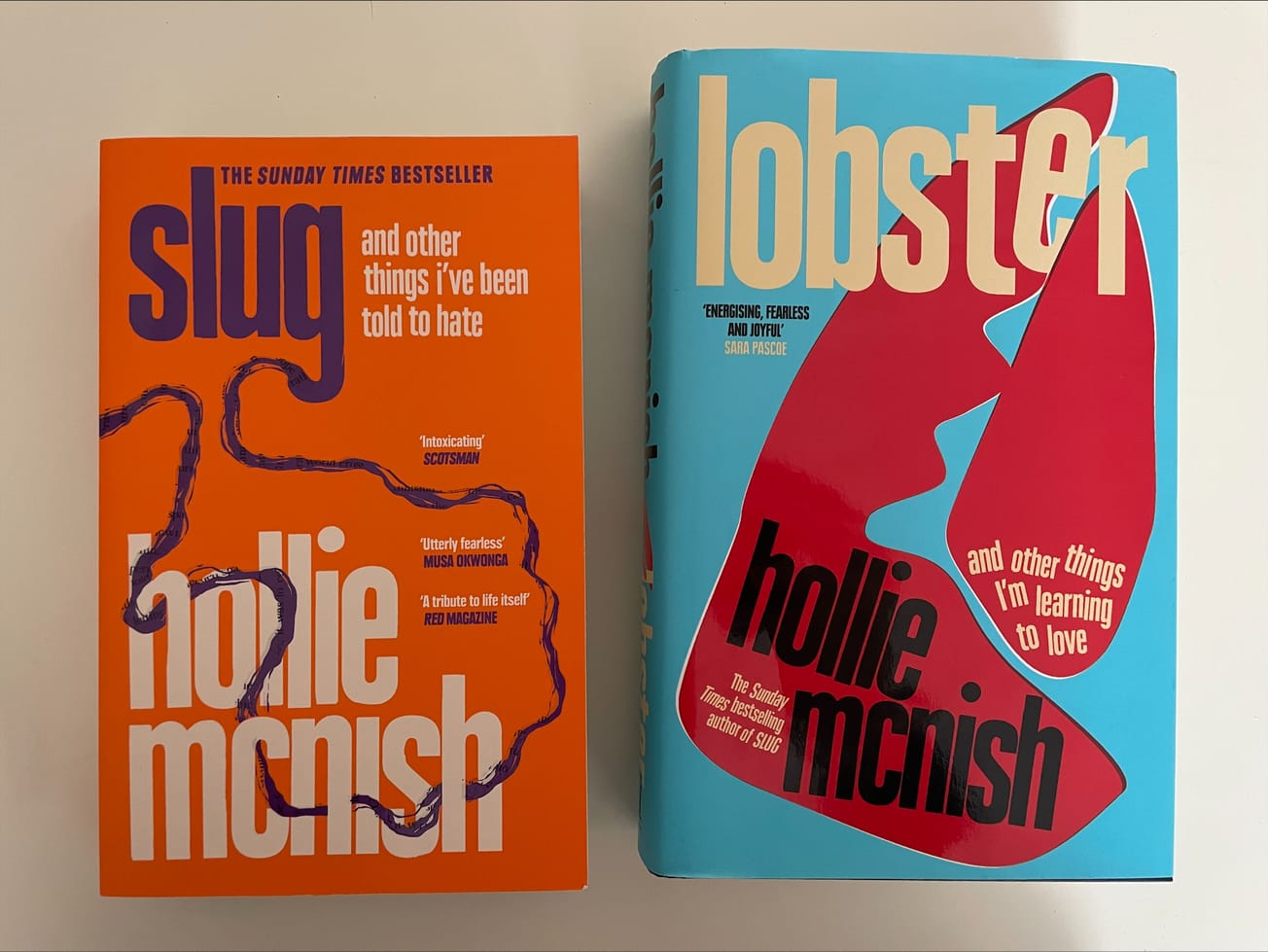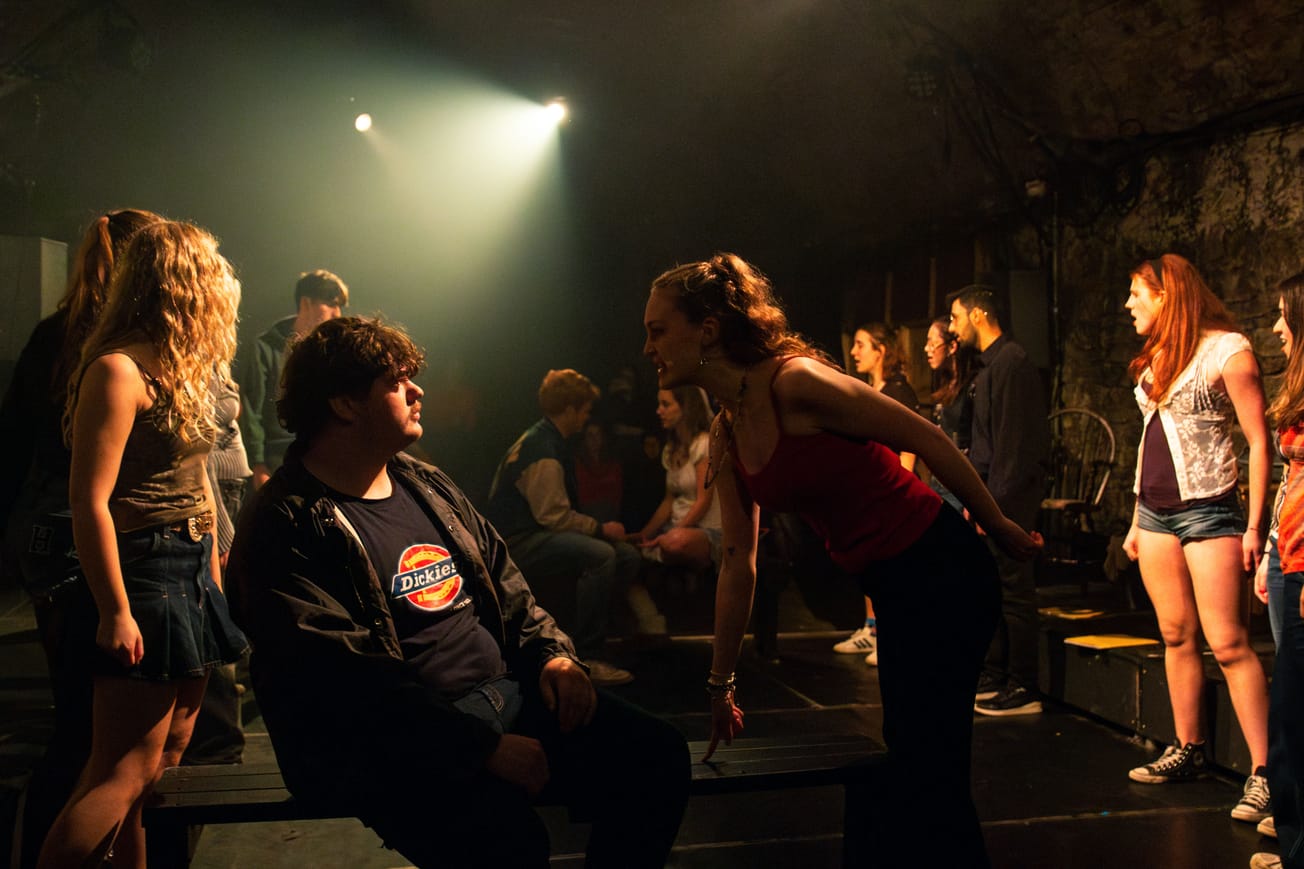By Lara Kelly, second year English
Lara Kelly reviews Helen Dunmore's final, Bristol-based novel.
The year is 1790. As radicals hail the triumph of democracy, French revolutionaries are assessing the guillotine as a method of execution. Meanwhile in Bristol, over 400 miles from Paris, plans for a new genteel suburb are underway on Clifton Hill. Entrepreneurs wanted to make their mark on the Somerset landscape, at a time when Clifton village was famous only as the home of poet Ann Yearsley, “The Milkmaid of Bristol”. But the events across the Channel set these plans into tumult; with no-one willing to buy in the uncertain years following the Revolution, the early terraces were left to decay uninhabited. The builders were left completely ruined financially, and according to Helen Dunmore, there were many suicides.
I enjoy research; in fact research is so engaging that it would be easy to go on for years, and never write the #novel at all.
— Jon Winokur (@AdviceToWriters) 13 September 2018
HELEN DUNMORE#amwriting #fiction pic.twitter.com/Q2aZMU4iNz
What remains of these turbulent times, asks Helen Dunmore, a Bristol resident since childhood, in her last novel? What is left of the angst about Revolution and the acceleration towards war with France, the worries of the people who built Clifton, and the pain of their bankruptcies? Dunmore finds that what remains is a noticeable quiet, captured in a peaceful graveyard: Birdcage Walk, with which the novel shares its name. She decides to find the voices in the silence, and is inspired by the tombstone of Julia Fawkes, with the inscription ‘her words remain our inheritance’. Fawkes was a writer on hereditary privilege, whose works have all been lost. Her words are silent to posterity, whilst the pamphlets of her husband, Augustus Gleeson, survive, carefully preserved in the Bristol Central Library.
"it is about the reverberations of political unrest into daily life ... and it is about Lizzie’s personal struggle with the confusion of violence and abuse"
Fawkes is the mother of the novel’s heroine Lizzie, who marries the builder of a Clifton Terrace, Diner Tradevan. She is a wonderful presence in Lizzie’s narrative, guiding her through the isolation of Diner’s abuse.
❤️ #CliftonVillage for Birdcage Walk, the graveyard of St Andrews church, which served the village of Clifton from 1154 until it was destroyed, rebuilt, & destroyed again in the World War II blitz. Image credit @marchitchens #discoverclifton #birdcagewalk pic.twitter.com/tmYtpEwvXu
— Discover Clifton (@CliftonVillage) 9 October 2018
Unlike the Birdcage Walk graveyard, Dunmore’s novel is by no means quiet or peaceful. It is about the reverberations of political unrest into daily life, as Lizzie is forced to choose between her husband’s harsh pragmatism that abhors indulgent talk of Revolution, and the ideological dreaming of her mother and friends about equality. And it is about Lizzie’s personal struggle with the confusion of violence and abuse. The book scintillates with Gothic elements, and Lizzie’s character development is deeply compelling.
"Dunmore’s novels ‘remain our inheritance’, to read and re-read"
In Birdcage Walk, Dunmore does what she has done so masterfully before in The Siege - she unearths history's forgotten voices. To paraphrase Fawkes’ epitaph, Dunmore’s novels ‘remain our inheritance’, to read and re-read.
(Featured image credits: Unsplash / Matt Boyle)
What are your thoughts on EXAMPLE? Let us know in the comments below or on social media.









